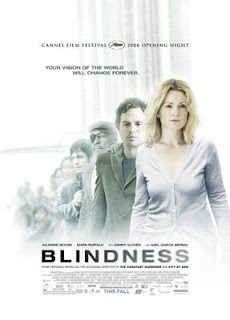LA Changing Clint Eastwood continues his glittering directorial second coming with Changeling. While Angelina Jolie is better known for her more “commercial” performances (with the possible exception of A Mighty Heart), here is a clearly well-deserved Oscar nomination. The movie is about a single mother and her boy that goes missing and her search for that boy. In the course of that search, many wrongs are righted – the LAPD is reformed, laws regarding detention without sufficient evidence are passed, a serial killer is unearthed and executed, a boy returns to his family. And in the middle of all this is the poignant undertone of the search by Christine Collins of her son Walter Collins, alternating between hope and despair and taking the viewer along with both
Clint Eastwood continues his glittering directorial second coming with Changeling. While Angelina Jolie is better known for her more “commercial” performances (with the possible exception of A Mighty Heart), here is a clearly well-deserved Oscar nomination. The movie is about a single mother and her boy that goes missing and her search for that boy. In the course of that search, many wrongs are righted – the LAPD is reformed, laws regarding detention without sufficient evidence are passed, a serial killer is unearthed and executed, a boy returns to his family. And in the middle of all this is the poignant undertone of the search by Christine Collins of her son Walter Collins, alternating between hope and despair and taking the viewer along with both
Rating 16.5/20








